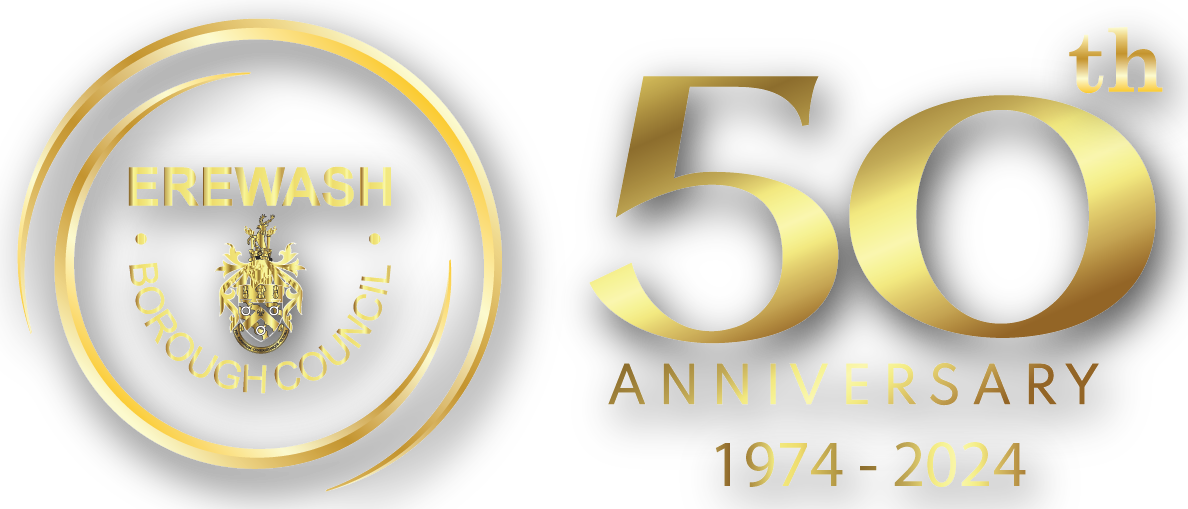Food Business Requirements
A food business premises must comply with the requirements laid down by food safety legislation. More details can be found on the Food Standards Agency website.
Food Safety Management Procedures
All food businesses must have food safety management procedures in place, these are systems which will ensure that the food you serve is safe to eat. For some types of premises the Food Standards Agency system called 'Safer Food Better Business' can be used. The Food Standards Agency (FSA) website has information as well as links to to print a copy of the SFBB system.
Control of E.Coli O157 cross contamination
Food safety management procedures must control and prevent the spread of E.coli O157 as a priority in all businesses handling raw, this includes raw vegetables, and ready-to-eat foods. At a food safety inspection officers will expect you to have put all the necessary control measures in place to control the risk from E. coli O157. The Food Standards Agency has issued E.coli guidance notes to clarify the steps that food businesses will be expected to take to control the risk of contamination from E. coli O157. This is because serious illness and death can result from serving food contaminated with E. coli O157.
The guidance clearly sets out the necessary steps food businesses should be taking and covers in some detail how to prevent cross-contamination of ready-to-eat foods to protect customers from a potentially fatal infection.
The Food Premises
The premises must be so constructed and laid out to:
-
Allow easy and thorough cleaning/disinfection of the structure and equipment.
-
Prevent food from becoming contaminated.
-
Enable staff to maintain good personal hygiene.
-
Prevent accumulations of dirt and grease about food storage and preparation areas.
-
Prevent pests from gaining access.
- Have proper waste storage facilities and arrangements for the disposal of waste.
Facilities include:
-
Enough sinks should be available to allow food to be washed/ prepared in a separate sink to the one used for washing pots.
-
Hand washing basins should be provided close to where food is being handled or prepared.
-
Preparation surfaces should be laid out to allow sufficient distance between areas where ready to eat foods are prepared and uncooked foods are prepared.
-
A separate cupboard away from the food preparation area should be provided for cleaning chemicals, mops and brushes.
-
Sufficient space should be made available for staff to store their outside clothing which is away from the main food preparation area. Clean over clothing for staff should be stored in a clean area.
-
Staff toilets should be provided, but must not be directly off a food room.
-
Sufficient storage areas should be available to allow all food to be stored in the correct manner at the correct temperature.
Staff training
All staff handling food must have the necessary training and knowledge to ensure they do not compromise the safety of food whilst carrying out their duties. Training can be obtained by a number of methods such as on-the-job training, adequate supervision, relevant prior experience as well as attending a formal and/or accredited training course.
It is important to note that compliance with the legal duty for training is not simply by having attended a formal training course. Managers and staff must actively put their knowledge of food hygiene into practice in the workplace, regardless of how this has been gained.
Customer Toilets
The council has a policy on the provision of customer toilets in premises where food and drink is served.
Email This email address is being protected from spambots. You need JavaScript enabled to view it.

